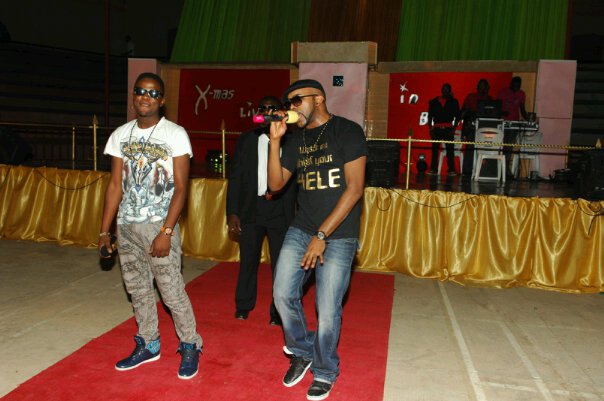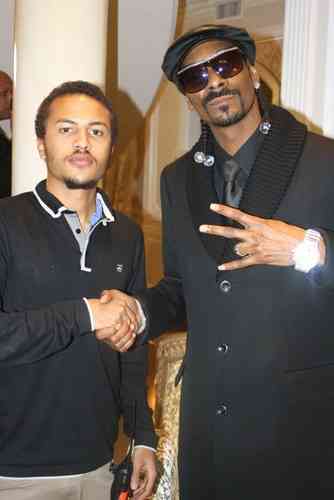
A lot of employees, job seekers, universities graduates undergo these problems.
Dele wonder why he has not been employed even after spending several years in the university and coming out with a presentable result; did lots of professional courses, went for several interviews and yet not employed. After walking the whole of Lagos, from one company to another dropping his CVs, he got home, lay on the floor, frustrated and ponder what to do next.
he said, ” i am tired of my life, how would i come out with a first class result and i can not afford three square meals, i cant smile to the bank, i cant even get a manageable job. What will i do now? rob, kidnapp, become a fraudster………… i am confuse.
been one of the major problem we face in this country, i decided to post what employers look in a candidate and Bouncing Back From a Bad Interview. i find this articles interesting and educating. hope you do too.
Employers say they are impressed by job candidates who have excellent communication skills, good grooming habits, and relevant work experience. Employers say they want trustworthy new hires who can move right in, get along with their co-workers, and get the job done without having to be babied at each step.
Top 10 Qualities Employers Seek
Communication skills (verbal and written)
Honesty/integrity
Teamwork skills (works well with others)
Interpersonal skills (relates well to others)
Motivation/initiative
Strong work ethic
Analytical skills
Flexibility/adaptability
Computer skills
Organizational skills
Employers Rate the Importance of Experience
Relevant work experience ………………………………. 4.0
Internship experience …………………………………….. 3.9
Any work experience ……………………………………… 3.6
Co-op experience ………………………………………….. 3.2
Bouncing Back From A Bad Interview
Nobody is perfect. Nobody lives a perfect life or always has a perfect day. And it is absolutely possible that one of those not-so- perfect days may happen to coincide with the day of a job interview.
Even though we do not like to admit it, we sometimes perform poorly during job interviews. The easiest thing to do is pout, sulk, complain, and whine, but those things don’t really help your job hunt. What is worse, a bad reaction to a sub-par interview, may carry over into future interviews, and make your job hunt much more difficult. Instead, you can make the most of the situation, by recovering quickly. These tips should help you get on your way.
Mind Your Manners
One of the worst things you could possibly do after a bad interview is chock the whole thing up as a loss and not follow standard post- interview procedures.
There are too many factors you cannot foresee:
Often times, a bad interview in your mind wasn’t that bad in reality. For all you know, it might be the best one your interviewer has had in a long time.
You cannot read the mind of you interviewer, you cannot be absolutely certain about what the interviewer is looking for, and you cannot be absolutely certain about the impression you make. So, you cannot assume you have slim chances.
Not getting selected for one particular position does not rule you out of the running for future possible positions.
One interview may not be your last interaction with a company or an interviewer. So make the best possible impression. Be sure to:
Be courteous and maintain composure as you leave the interview
Send a thank you letter, note, email, or other form of correspondence.
Make a List
Even the worst of the worst interviews can still have some value. To really benefit from the interview-gone-bad, try the following:
As soon as you get out of an interview you would classify as “bad”, create a list of every aspect of the interview that made it “bad”. Spend as much time as you need on the list so that you can capture every problem; but make sure you create the list right after the interview, so everything is fresh in your mind.
Next, create a list of every possible solution to the problems you just listed. This should be an ongoing process.
Continue adding to your problems list. New interviews might reveal new problems. Over time, you will come up with solutions to those problems as well.
Continue adding to your solutions list. Ideas can come to you at anytime and you may happen to come up with better
solutions to problems you already solved.
Check It Twice
The use of lists really helps you to recognize problems and figure out solutions to them. To truly get the most out of them, however, the lists need to be used as constant reminders.
Post your lists on a wall, the refrigerator door, or a mirror. Put the lists in a spot where you will see them regularly. Let them serve as a constant reminder of your ongoing self-improvement.
Study your lists in between and especially right before interviews. Your lists should be as important as any background research you do on a company. The test of how much you learn is your next interview.
Take your lists with you to an interview. Immediately after the interview, examine your lists. Note problems that reoccurred, problems you overcame, solutions that occurred, solutions that did not work, and any new problems that emerged. Your lists should be ever changing.
CONCLUSION
You will not always have the interview of a lifetime. But you will find that the more effort you put into learning from interviews, the fewer interviews you will need before you find a job.



















